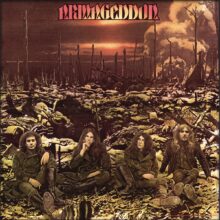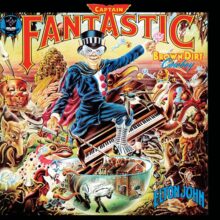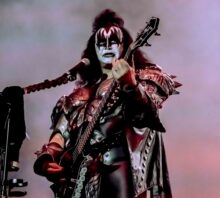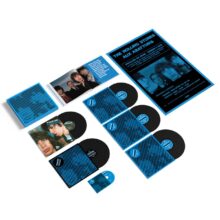Robert MacLean Taylor, the gifted New Zealand guitarist who helped shape the sound of one of Australasia’s greatest rock bands, Dragon, has died. His passing, announced in early November 2025, marks the loss of one of the last surviving members of the band’s classic 1970s lineup, and a musician whose work bridged the golden eras of New Zealand and Australian rock.
Born in Waipukurau, a small town in New Zealand’s North Island, Taylor’s path to rock music began far from the spotlight. The son of an ice cream maker and a homemaker, he spent his youth balancing rugby fields with late-night jam sessions, experimenting with blues licks and absorbing the rhythms of local Māori musicians. After winning a scholarship to Victoria University of Wellington to study English, Taylor’s academic ambitions were cut short when one of his lecturers, a musician with a rock band on the side, inspired him to leave university behind and commit fully to music.
By the early 1970s, Taylor was a regular in Wellington’s emerging progressive scene, performing with the cult band Mammal, known for its adventurous sound and tight musicianship. Though Mammal disbanded around 1974, the group became a breeding ground for future stars – and through it, Taylor connected with future Dragon manager Graeme Nesbitt, who would later help steer his career in a fateful new direction.
When Taylor joined Dragon in late 1974, the band was still an ambitious Auckland act searching for direction. Formed two years earlier by Todd Hunter and his brother Marc Hunter, Dragon had built a strong local following but little commercial success. Taylor’s arrival marked a turning point. His guitar style added a raunchier, funk-edged bite to Dragon’s evolving sound, helping shift them from their early progressive roots toward the polished rock and pop fusion that would make them household names.
In May 1975, Dragon relocated to Sydney in pursuit of a bigger audience. The new environment, combined with the recruitment of keyboardist and songwriter Paul Hewson, ignited their rise. Taylor’s guitar work became integral to Dragon’s breakout period – heard across early singles like “This Time” and “Get That Jive” in 1976, and the unforgettable riff on “April Sun In Cuba” in 1977, one of the defining Australian radio hits of the decade. He also co-wrote and contributed to tracks such as “Blacktown Boogie”, “Street Between Your Feet”, and “Education”, embedding a funky pulse into the band’s sound.
Dragon’s success exploded with albums Sunshine (1977), Running Free (1977), and O Zambezi (1978), producing era-defining hits like “Are You Old Enough?” and “Still In Love With You”. But their ascent was shadowed by tragedy and excess. Drummer Neil Storey died of a heroin overdose in 1976, and the following year Taylor and Hewson were severely injured in a car crash, with Taylor requiring plastic surgery. Amid constant touring and a hard-living reputation, the band’s momentum fractured. By 1979, fuelled by internal tensions and Marc Hunter’s drug issues, Dragon split.
Taylor returned for the 1982 reunion, reuniting with the Hunter brothers, Hewson, and drummer Kerry Jacobson. The comeback was electrifying. The single “Rain” soared to No. 2 in Australia, and the 1984 album Body And The Beat went gold, reaffirming Dragon’s place as one of the biggest acts in the country. Taylor’s guitar shone on tracks like the title cut, where he shared writing credits. Dragon’s performance at the 1985 Oz For Africa concert, part of Live Aid, captured their renewed vitality. Yet by mid-1985, Taylor and Chambers had departed once more as the group again fragmented following Paul Hewson’s death.
Outside Dragon, Taylor continued performing, joining The Magnetics and later reappearing for the 1995 acoustic album Incarnations, which featured guests Tommy Emmanuel and Renée Geyer. He was on stage for Dragon’s ARIA Hall of Fame induction in 2008, celebrating a band that had endured triumph and tragedy in equal measure.
While much of Taylor’s later life was lived away from the spotlight, he remained connected to the music community through his APRA membership and was honoured during Dragon’s New Zealand Music Hall of Fame induction in 2011. His playing, always soulful and rhythmic, was a vital ingredient in Dragon’s chemistry, the bridge between the Hunter brothers’ pop vision and Hewson’s melodic craft.
Stay updated with your free Noise11.com daily music news email alert. Subscribe to Noise11 Music News here
Be the first to see NOISE11.com’s newest interviews and special features on YouTube. See things first—Subscribe to Noise11 on YouTube
Follow Noise11.com on social media:
Bluesky
Facebook – Comment on the news of the day

















